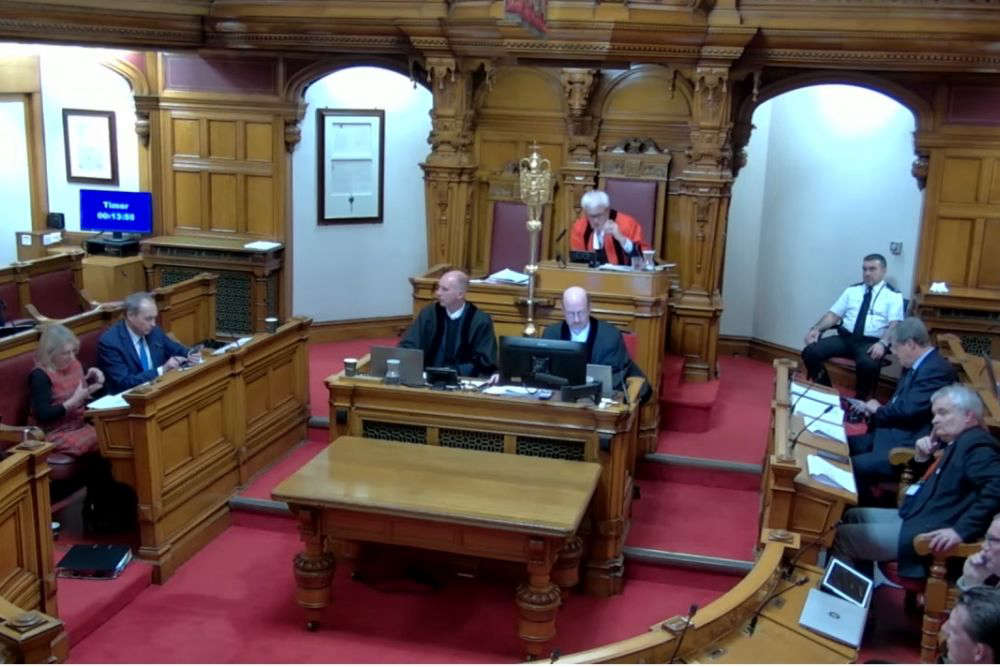
Politicians have approved the budget, agreeing how the government will spend public money in 2025 and beyond.
After four days of debate, States Members passed the proposals by 31 votes for and 13 votes against.
The government plans included £1.2 billion on delivering services, pumping an extra £31m into health and finding £710 million for a new acute hospital at Overdale.
The Chief Minister has called his government's plans 'a commitment to building a secure future'.
Treasury Minister Deputy Elaine Millar said it was a 'forward-looking financial plan' that would 'lay the foundation for a resilient and prosperous Jersey'.
Income tax thresholds will rise in 2025 by £700 for single people and £1,150 for couples, and there will be higher tax allowances.
Alcohol and fuel duty has been frozen. 83p will be added to a packet of 20 cigarettes.
There had initially been 29 amendments to Ministers' proposals. 10 were accepted without debate, and two were withdrawn ahead of the States sitting.
Ministers then largely got their own way, with almost all the amendments debated in the Assembly failing to win enough support, save for those the Council of Ministers were prepared to accept or had altered to make them more palatable.
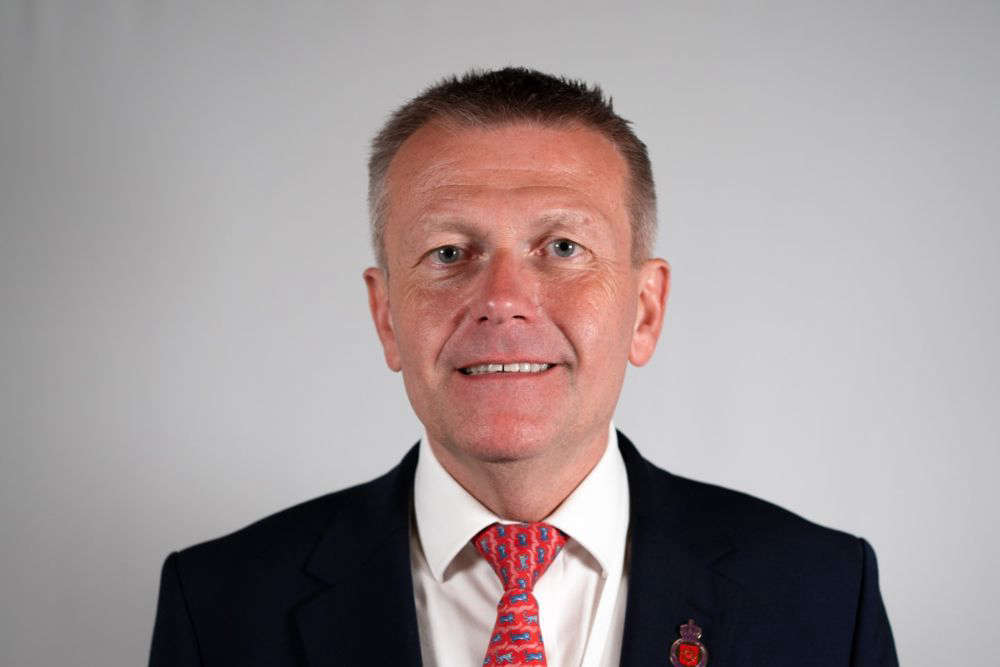 Deputy Philip Ozouf failed in all four of his attempts to change the budget.
Deputy Philip Ozouf failed in all four of his attempts to change the budget.
Deputy Philip Ozouf's bid for a stamp duty holiday on some homes to boost property sales was rejected.
A separate attempt to reduce the surcharge on the sale of second homes for a year was also defeated, although by just a single vote.
His next effort involved an attempt to exempt cannabis cultivators from accessing the Jersey Agricultural Loan scheme.
It failed, with ministers worried it would send out the wrong message to the medicinal cannabis industry that the island has worked to attract.
Later in the debate he also couldn't convince colleagues to block the £91m purchase of the new government headquarters.
The Treasury Minister called the deal a 'no-brainer'.
Another amendment to fall would have prevented more than £280,000 being cut from Jersey Business and Digital Jersey.
A scrutiny panel argued it would be counterproductive to the aim of growing the economy.
The Chief Minister blamed the previous government for the need to make savings.
"I am not going to say everything we inherited was bad, and I do acknowledge there was some good work in the previous government, but we inherited a financial position that was extremely difficult and challenging."
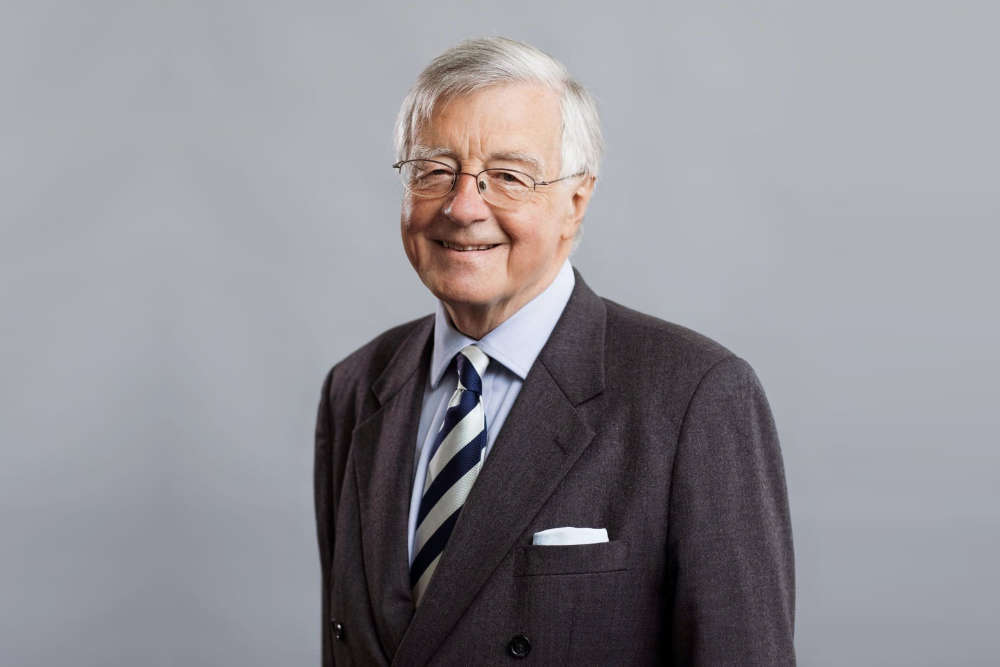 Deputy Sir Philip Bailhache
Deputy Sir Philip Bailhache
Deputy Sir Philip Bailhache tried to prevent money meant for the Social Security Fund - the pot that pays pensions and benefits - being used for the government's Living Wage support package:
"If supporting the economy is a justification for plundering the Social Security Fund, then heaven help our pensioners. Their future security really is in danger."
£20m over two years is going on helping businesses pay higher minimum wages.
Deputy Bailhache lost his argument 21 votes - 25. Housing Minister and Reform Jersey party leader Sam Mezec said common sense had prevailed:
"Ministers have worked together with businesses to build a support package to help them transition, invest in improving productivity and bring more visitors to the Island to spend their money here. This will cost £20m over the next two years, but will be a brilliant investment to improve our economy and living standards."
St Clement deputy Karen Wilson tried to secure £2.5 m a year over the three year plan for Le Squez youth centre.
The project has been repeatedly delayed.
Deputy Wilson said it should be a higher priority, and not overlooked in favour of youth provision in St Helier:
"There is nothing more disempowering to a community than when the actions taken by a public institution reinforce stigma and the view that some communities are worth more than others.
"If Ministers wanted to, they could adapt and flex their approach. Young people in Le Squez deserve more from government to show that it cares about their community too."
Ministers argued that delivering somewhere for youngsters in St Helier had to come before refurbishing an existing centre.
Deputy Wilson lost her argument 15-31.
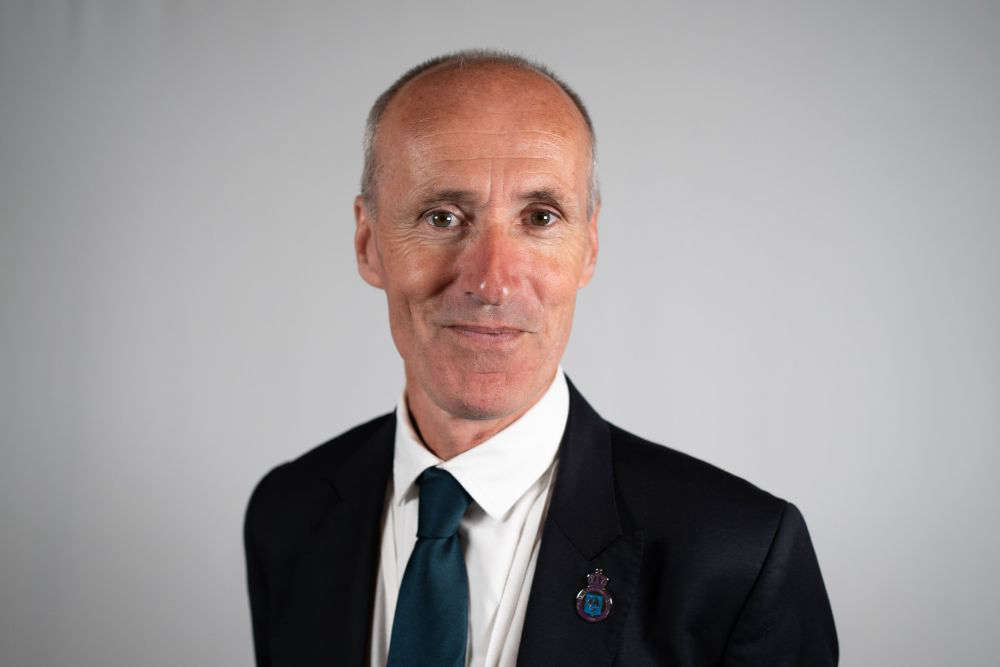 Deputy Jonathan Renouf, Chair of the Hospital Review Panel.
Deputy Jonathan Renouf, Chair of the Hospital Review Panel.
During day 3 of debate, politicians voted against making public the breakdown of costs for new healthcare facilities.
An amendment to the budget was asking for sums for Kensington Place and St Saviour's Health Village builds to be revealed.
Deputy Jonathan Renouf presented it on behalf of the Hospital Review Panel:
"Without that transparency, neither we can in this Assembly, not the public can know whether or not what is being proposed is value for money, whether it is part of a coherent strategy, and whether the various parts are being properly funded."
Tom Binet, Health Minister, said it would not be a sensible move:
"We have a situation where, yet again, we are being asked to place financial information in the public domain that, in my view, poses a major risk to getting the best value for taxpayers' money for the biggest capital project in the island's history."
The cost breakdown was rejected, 17 in favour to 28 against.
Also thrown out was an attempt to force Ministers to increase alcohol duty in line with inflation in 2026.
It's been frozen for 2025, and for the past five years.
Deputy Helen Miles had wanted to alter the budget so that government reverts to RPI increases to tackle the health risks, but politicians rejected the request by 14 votes to 31.


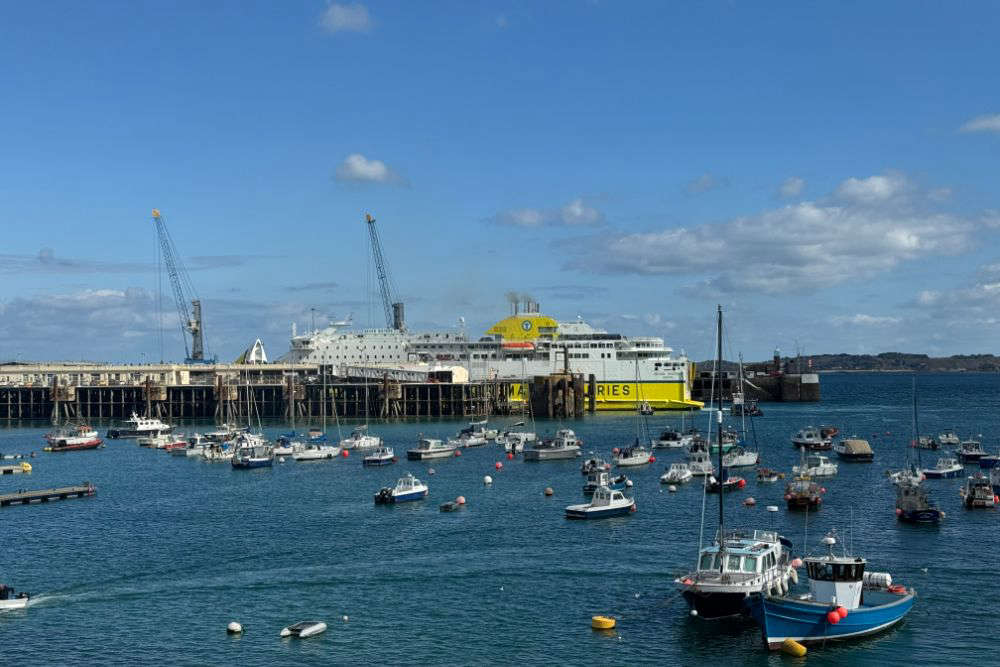 DFDS brings in replacement ship for Portsmouth sailings
DFDS brings in replacement ship for Portsmouth sailings
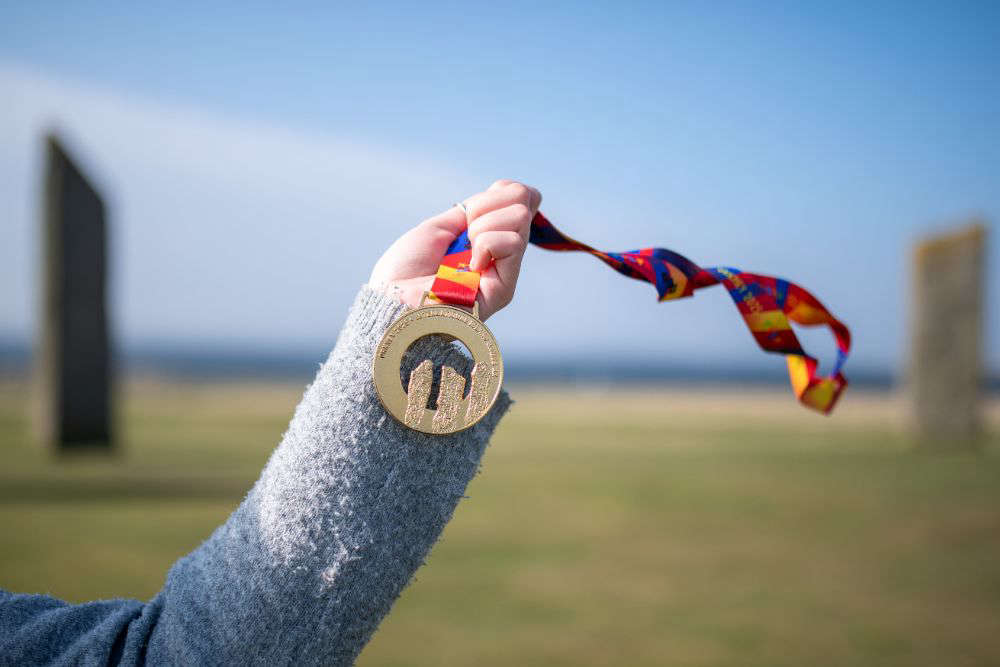 100 days until Orkney Island Games begin
100 days until Orkney Island Games begin
 £200k padel facility coming to Les Ormes in May
£200k padel facility coming to Les Ormes in May
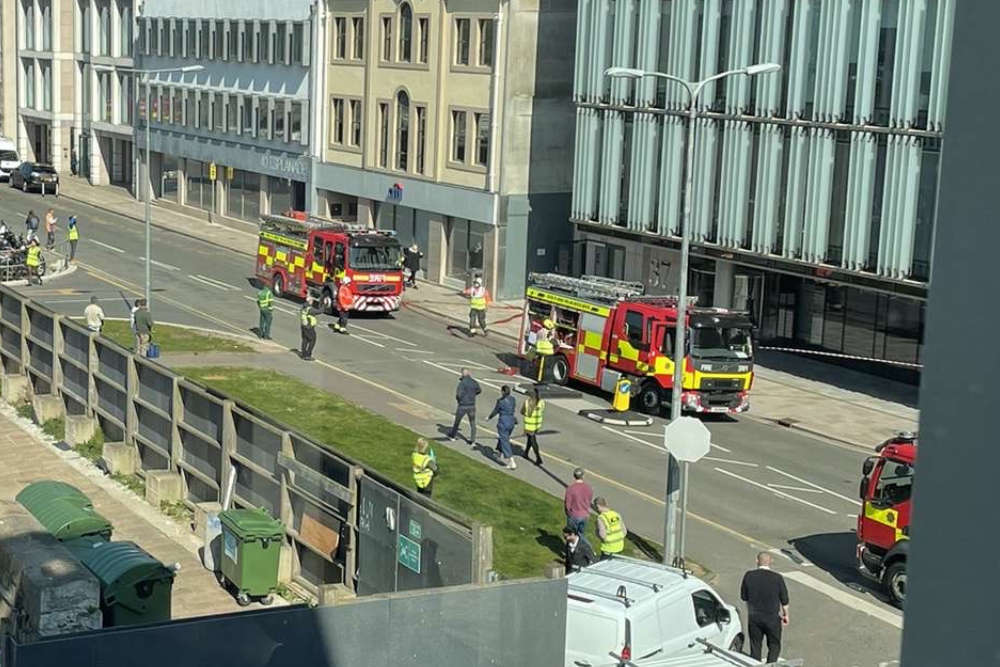 Two islanders trapped in a lift rescued from sixth-floor fire on the Esplanade
Two islanders trapped in a lift rescued from sixth-floor fire on the Esplanade
 Rooftop bar, climbing wall and concert hall in £110m Fort Regent plans
Rooftop bar, climbing wall and concert hall in £110m Fort Regent plans
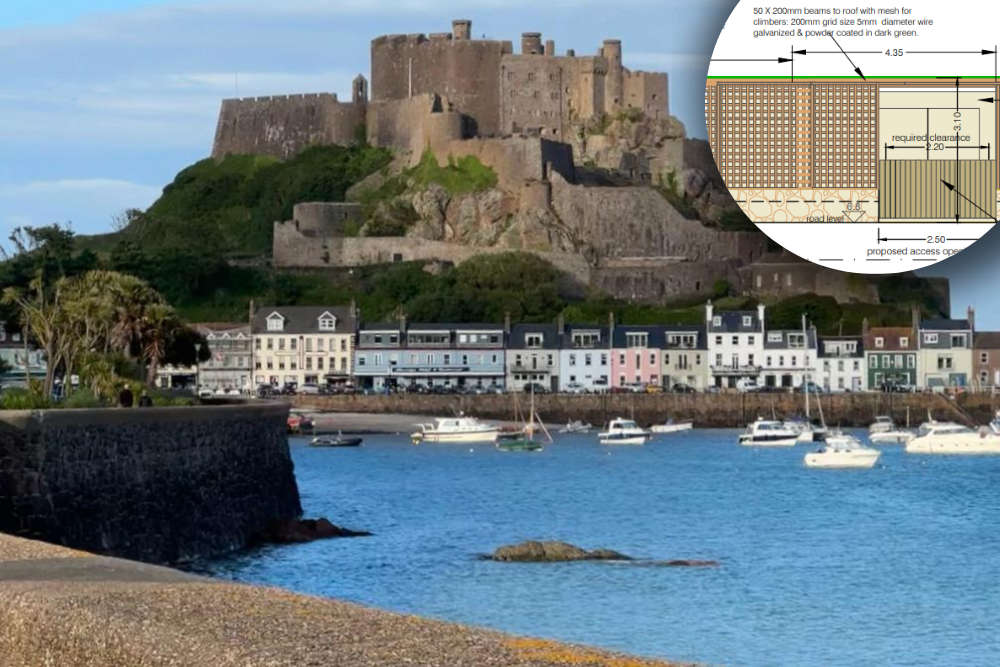 3m tall substation and bin store proposed for Gorey promenade
3m tall substation and bin store proposed for Gorey promenade
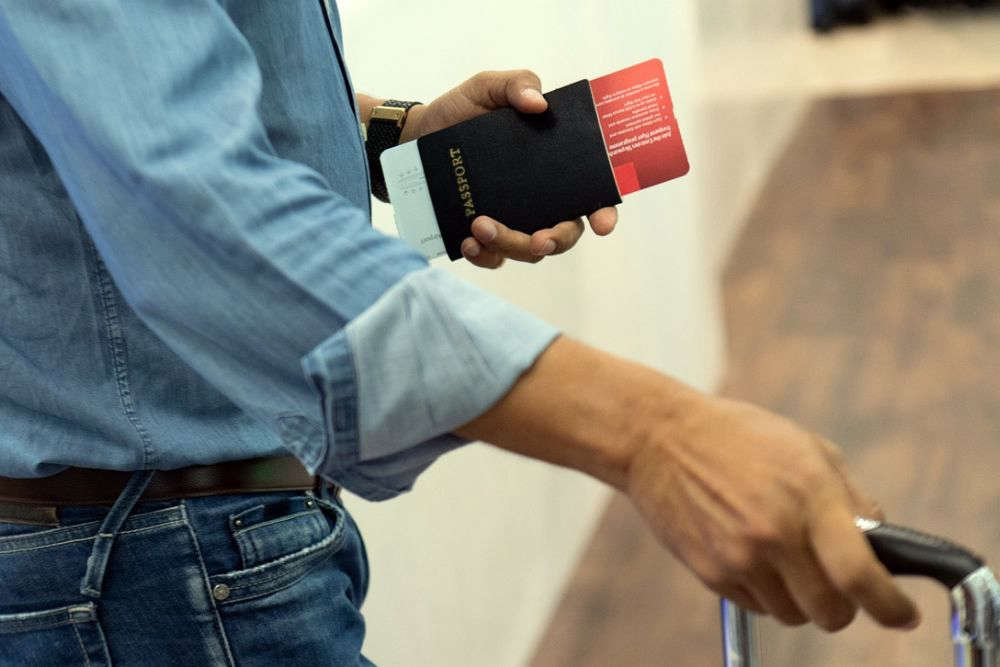 European visitors now need permit for UK entry
European visitors now need permit for UK entry
 Islanders can catch some winter sun with direct flights from Jersey to Tenerife
Islanders can catch some winter sun with direct flights from Jersey to Tenerife

